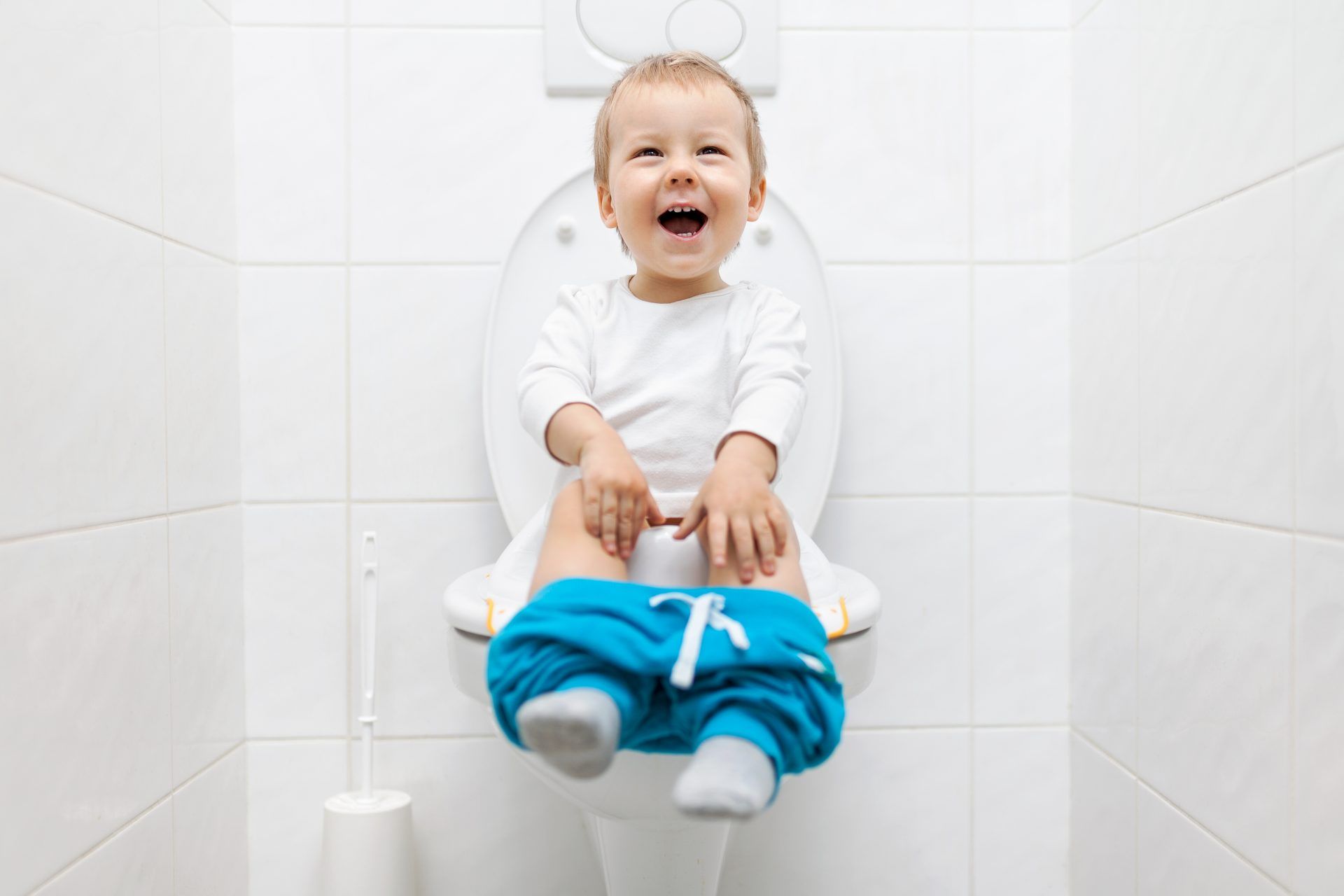The Importance of a Summer Routine
The Importance of a Summer Routine
When school ends your child’s daily routine doesn’t have to! Summer is the perfect time to remain consistent. For kids, having a routine in the summer is especially important. It helps provide stability, which is crucial for their development and well-being. Here are several ideas for a summer routine:
Encourage Healthy Habits:
- Continue establishing enough time for physical activity throughout your child’s day.
- Play outside
- Swim
- Obstacle courses inside or out
- Sports
- Bike Riding
- Make sure your child is still going to bed at their regular time.
- Encourage your child to wake up and go to sleep around the same time each day
Encourage Creativity:
- Introduce new activities or hobbies to your child.
- Gardening
- Join a club or sports team
- Play an instrument
- Allow time for your child to be bored during the summer. This allows your child to be creative and think of something new to do.
- Balance screen time and set limits for the amount of time your child spends on their iPad or watching television.
Educational Opportunities:
- Provide time for reading, STEM activities, visit museums, or engage in different art activities.
Make a Summer Bucket List:
- This is the perfect idea for collecting ideas and putting them all together on one page. Have the whole family join to make it even more fun!
By maintaining a routine, kids can enjoy their summer while staying healthy, active, and intellectually stimulated. This balance of structure and flexibility helps them make the most of their summer break. Our Occupational Therapy team can help you find the perfect modifications to your child’s routine to problem solve any tricky times during your day! Reach out to schedule a free screening for some tips!
Written By: Kiersten Robertson, MOT, OTR/L



